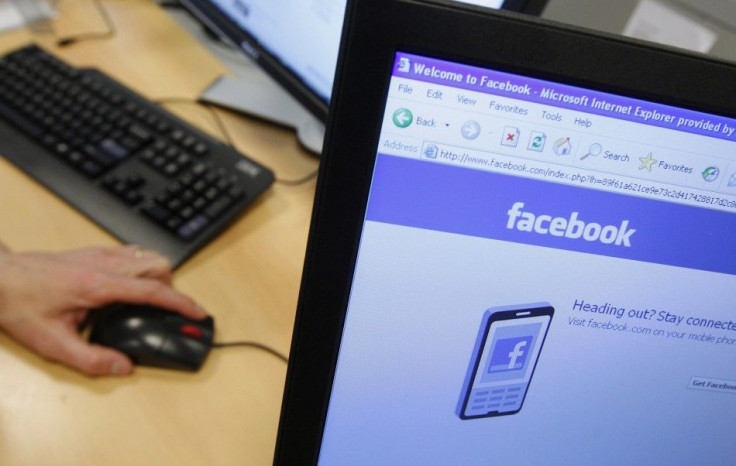House Judiciary Chair Offers Amendment to SOPA

The House Judiciary Committee on Monday proposed tweaks to the Stop Online Piracy Act aimed at attracting more support to the controversial legislation.
The committee's chair, Rep. Lamar Smith of Texas, offered the changes to SOPA in a manager's amendment in an effort to quell dissent about the bill's broad language. Many big names in the tech community--including Twitter, Facebook, Google and Apple--are opposed to SOPA, which has support from groups representing content makers.
Changes in the manager's amendment narrow the definitions in the bill to cover foreign rogue websites that primarily stream or sell copyright-protected material--the main target of SOPA. Critics of the bill as introduced say the language would snag innocent Web sites.
Another change strips language from SOPA requiring Internet service providers to redirect users who try to access Web sites deemed unlawful. The amendment also prohibits courts from imposing additional burdens on service providers to comply with the law and issuing orders that would harm Domain Name System, which link a site's domain name to its IP address.
Google Chair Eric Schmidt on Monday criticized SOPA for its impact on DNS, saying the bill would criminalize links and criminalize the intermediaries, instead of the Web sites breaking copyright laws.
Other definitions narrowed under the amendment would apply to payment processors, advertising networks and search engines.
The manager's amendment follows last week's introduction of rival online piracy legislation called the Online Protection and Enforcement of Digital Trade Act or the OPEN Act. The legislation from Democratic Sen. Ron Wyden and Republican Rep. Darrell Issa would place digital copyright enforcement into the hands of the U.S. International Trade Commission, which already handles cases concerning intellectual property infringement by foreign companies.
© Copyright IBTimes 2024. All rights reserved.





















